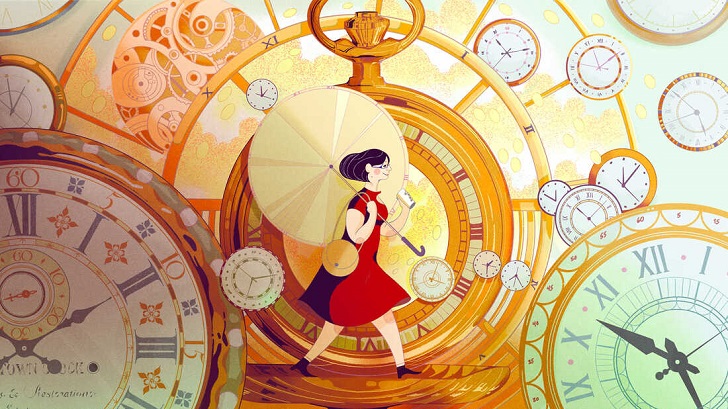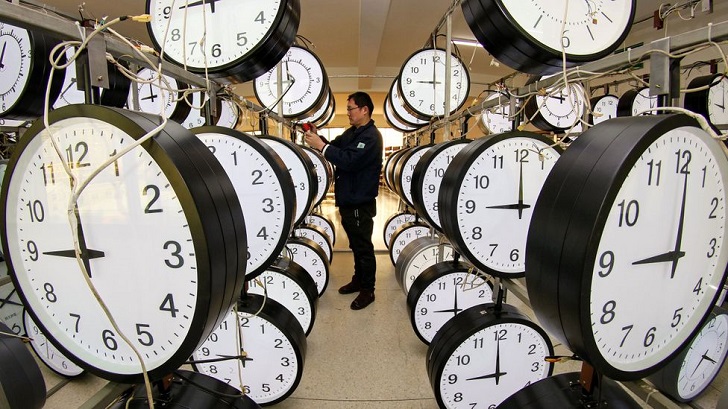Time is a fundamental concept that plays a crucial role in our lives. We measure time in seconds, minutes, hours, days, months, and years. Timekeeping has allowed us to organize our lives, plan our days, and schedule our activities.
However, time is much more than just a tool to measure the passing of moments. Time is an enigmatic and paradoxical phenomenon that has captivated the minds of philosophers, scientists, and artists for centuries.

David Robson/ BBC | Lost time is never found again
History of Timekeeping
The concept of timekeeping dates back to ancient civilizations. The ancient Egyptians used sundials to track the sun's movement and divide the day into equal parts. The ancient Greeks developed the first water clocks, which used water flow to measure time. In the 14th century, mechanical clocks were invented, which made it easier to track time more accurately.
Today, digital and atomic clocks can measure time with incredible precision.
The Perception of Time
The experience of time can vary from person to person. Time seems to move faster when we are engaged in activities we enjoy and slower when we are bored or waiting for something. This subjective experience of time is known as time perception.
The study of time perception has revealed that our brains process time in complex ways and that our perception of time can be influenced by various factors, such as age, emotions, and attention.
The Physics of Time
Time is a central concept in physics. According to Einstein's theory of relativity, time is not absolute but relative to the observer's motion and position. This means that time can appear to pass more slowly for someone moving at high speeds than for someone stationary. The concept of time dilation also suggests that time can be stretched or compressed near objects with strong gravitational fields.

Islenia Milien/ NPR | Punctuality is the thief of time
The Philosophy of Time
Time has been a subject of philosophical debate for centuries. Philosophers have grappled with questions such as whether time is a real thing or a human construct, whether time has a beginning and an end, and whether time is linear or cyclical.
These questions have led to different schools of thought, such as the eternalism view that time is a fixed structure that exists independently of human experience and the presentism view that time is constantly moving and only the present moment is real.
Paradoxes
Time is also a paradoxical concept. On the one hand, time seems to be continuous and unchanging, flowing smoothly from the past to the future. On the other hand, time can be seen as a series of discrete moments constantly replaced by new ones.
This tension between continuity and discontinuity has led to paradoxes such as Zeno's paradox, which argues that motion is impossible because it requires infinite infinitesimal steps.

Richard Fisher/ BBC | The future is uncertain but the end is always near
The Subjectivity of Time
Time is also a highly subjective concept. Our perception of time can be influenced by factors such as our emotions, attention, and memories. Time can seem to move quickly or slowly depending on our state of mind, and it can be difficult to gauge how much time has passed in certain situations accurately.
This subjectivity of time has implications for how we experience the world and how we make decisions.